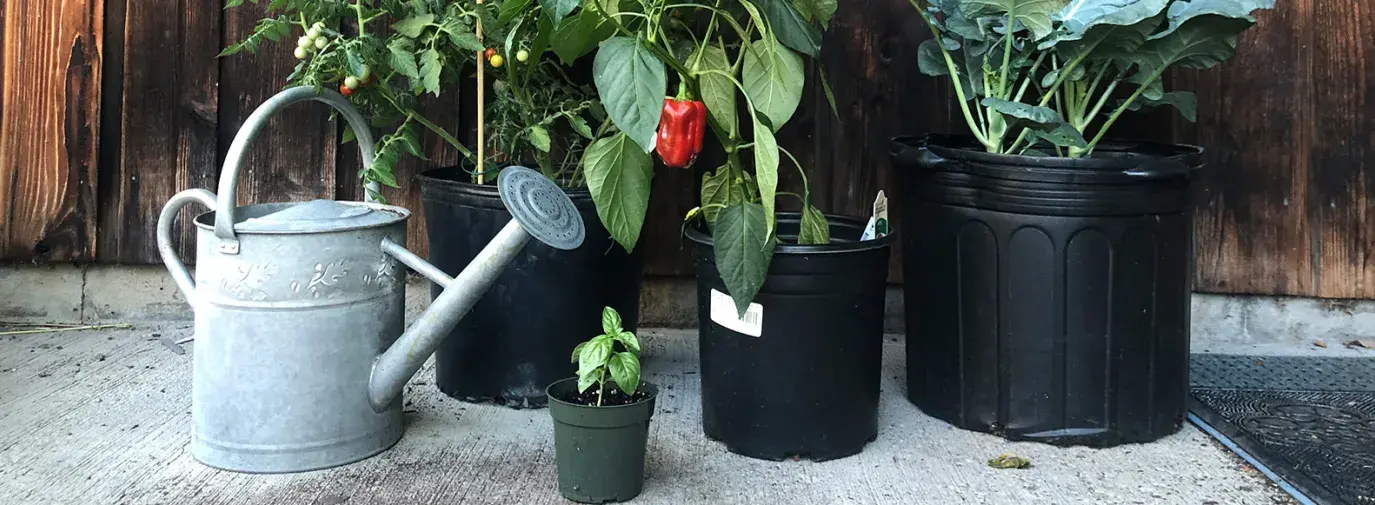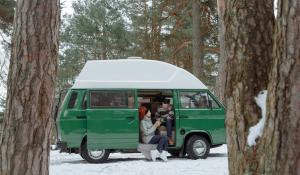
Whether it is on a patio, windowsill, or balcony, the Climate Victory Gardening movement is putting down roots across the country that are not confined to the traditional backyard garden. Every day, we are inspired by the creative ways people are growing food and giving back to the planet. If you’re interested in joining the fun but daunted by limited cash or space, we have a few tips to jump start your regenerative journey with this Gardening for Beginners Guide.
It All Begins With A Seed
It is wise to research what crops thrive in your local climate before planting. Beginners might start with easy plants that do not need a lot of space like radishes, salad greens, and herbs. The Turtle Tree Biodynamic Seed Initiative {GBN} sells a variety of vegetable seeds. All Turtle Tree seeds are certified by the US Demeter Association, ensuring their chemical-free and mineral-rich properties. You can also often find organic seeds under $5 at a local food co-op or hardware store.
Choose Your Soil
Gardener’s Supply’s {GBN} Eco-co Coir Seed Starting Mix ($5.95) is made from renewable coconut husks that fluffs out to over two gallons, giving plenty of mix to work with. The company also sells Square Biodegradable Pots ($4.95) made from sustainable wood that roots can grow through when it is time to move to a bigger pot. You can also re-purpose small containers like yogurt cups and water bottles.
Seed starting mixes are great for seedlings, but once the plant matures, it will need added nutrients. See p. 24 to learn how to make your own compost.
Find Your Pot and Start Planting
Most likely, you already have something in your home, like old buckets and plastic trash bins, that can be used for the transplanting stage. This is when plant sprouts outgrow their smaller containers and you re-pot them into bigger ones.
“I have a couple of big, deep cake pans that I don’t bake in so I use them for planting,” says Turtle Tree
co-general manager, Lia Babitch. “To use the light efficiently from a window, you can even plant into a washed hanging shoe rack.”
Once you know what you’ll be planting in, the only things left to do is choose a spot with maximum light, start watering, and let the journey begin.
Gardening isn't reserved for the expert horticulturists or life-long green-thumbed. Even if you are a beginner, gardening is a great way to help the planet and spend time in nature, no matter how big or small your garden is. Join our Climate Victory Garden cohort and get dirty!







